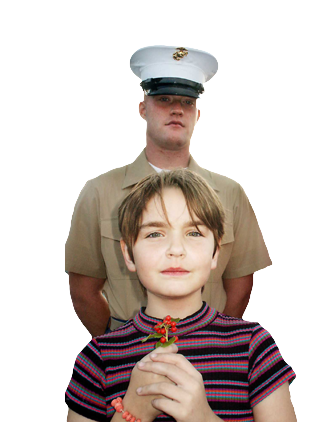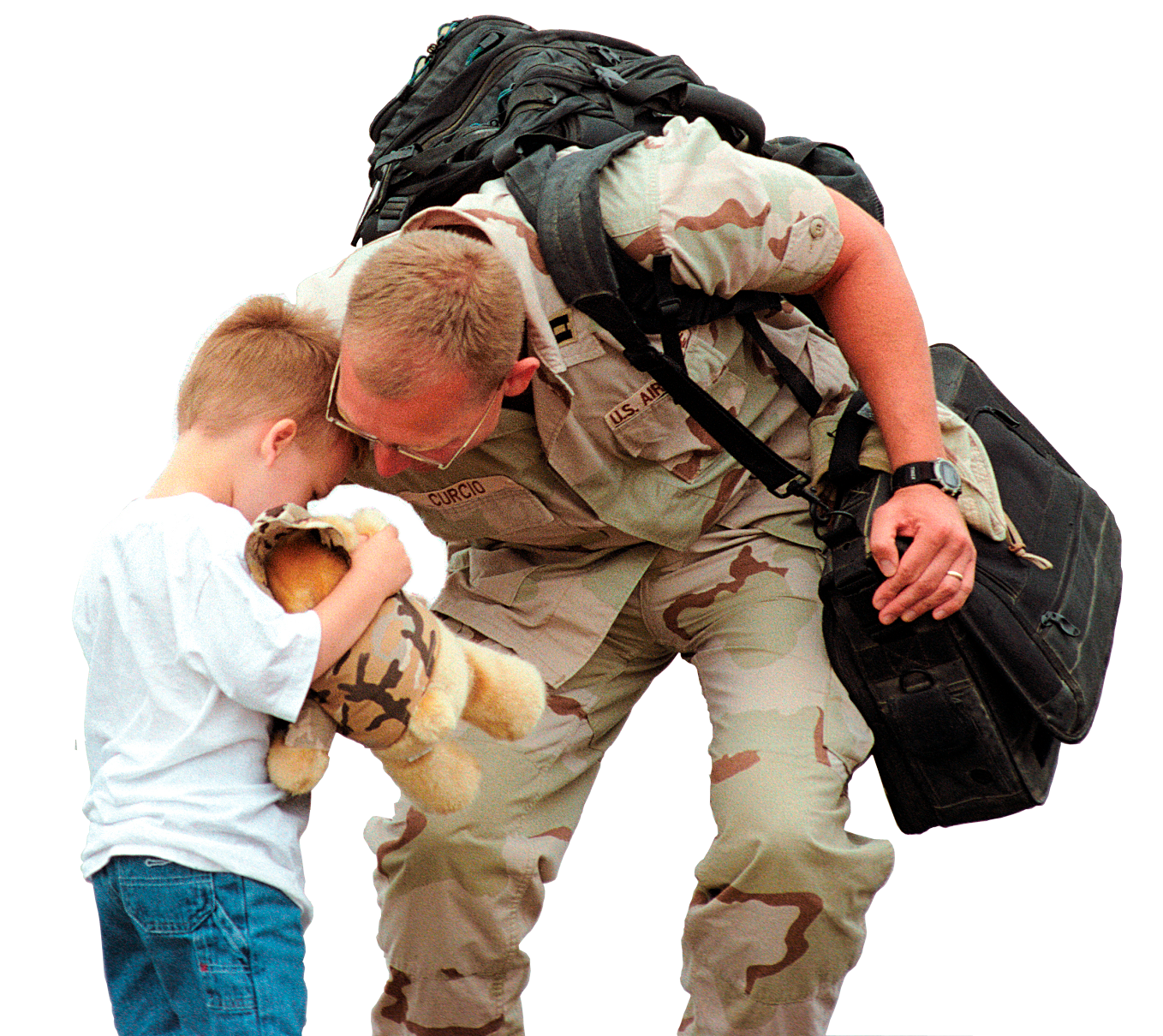[caption id="attachment_3683" align="alignleft" width="191"] Army Sgt. 1st Class Chris Edwards, a wounded warrior, chose to remain on active duty and continues to lead soldiers at U.S. Army Garrison Baumholder, Germany. U.S. Army photo by Ignacio Rubalcava[/caption] BAUMHOLDER, Germany, Oct. 26, 2009 – The noncommissioned officer corps often is considered the backbone of the Army, but defining what it means to be a part of that brotherhood is not as easy as it sounds. A wounded warrior now serving in the plans, training, mobilization and security directorate at the U.S. Army garrison here believes that attaining NCO status does not automatically make a soldier a leader. Though his injuries prevent him from accomplishing the basics such as physical training, weapons training or physically showing other soldiers how to perform tasks, Sgt. 1st Class Chris Edwards has elected to remain in the Army and continue to serve. After becoming an NCO, Edwards said, a soldier usually goes through a transition period before becoming an effective leader, and learning humility is an important aspect of that transition. "I think that the easiest way to transfer from being an NCO to a leader is for one, you have to be humble,â€Â he said. “In the grand scheme of life, you're not better than anybody else. Yes, you're a higher rank. You've probably been in longer than your troops. But to really be a leader, you have to take the needs of your soldiers before the needs of yourself. Once your troops figure out that you're there for them and not the other way around, that's when you become a leader. That's when they give you the respect. “You earn the respect; you haven't demanded it,â€Â he continued. “They give it to you freely, and it's a much better environment." An NCO doesn’t need to yell and scream to get respect, Edwards said. “It irritates me to no end to see a young NCO yelling and screaming at his guys,â€Â he said. “You could get twice as far with just a calm word and explaining to them what they're doing wrong instead of yelling at them.â€Â The transition from being an NCO to being a leader comes with maturity, Edwards said, “because then you're leading your troops, you're not telling them what to do." Edwards said that being an NCO has taken on a totally different perspective for him since he was injured, but the meaning of being an NCO remains as intact in his mind as when he was able to lead his soldiers into battle. "Being a wounded warrior, I chose to stay on active duty,â€Â he said. “I didn't need to, but it's just that I love being an NCO. I don't think there's any greater honor than leading troops into battle." But things are much different for him now, Edwards acknowledged. "I'm just being around the guys,â€Â he said. “I'm helping out the younger troops with whatever it might be - helping to spread a little bit of knowledge, a little bit of wisdom. "Being an NCO is a once-in-a-lifetime thing,â€Â he continued. “Once you leave, you're done. I mean, you can always retire and sit around reliving the glory days, but I wasn't ready for that, so I chose to stay in and still live them." October 26, 2009: By Ignacio Rubalcava- Public Affairs Office at U.S. Army Garrison Baumholder- Special to American Forces Press Service
Army Sgt. 1st Class Chris Edwards, a wounded warrior, chose to remain on active duty and continues to lead soldiers at U.S. Army Garrison Baumholder, Germany. U.S. Army photo by Ignacio Rubalcava[/caption] BAUMHOLDER, Germany, Oct. 26, 2009 – The noncommissioned officer corps often is considered the backbone of the Army, but defining what it means to be a part of that brotherhood is not as easy as it sounds. A wounded warrior now serving in the plans, training, mobilization and security directorate at the U.S. Army garrison here believes that attaining NCO status does not automatically make a soldier a leader. Though his injuries prevent him from accomplishing the basics such as physical training, weapons training or physically showing other soldiers how to perform tasks, Sgt. 1st Class Chris Edwards has elected to remain in the Army and continue to serve. After becoming an NCO, Edwards said, a soldier usually goes through a transition period before becoming an effective leader, and learning humility is an important aspect of that transition. "I think that the easiest way to transfer from being an NCO to a leader is for one, you have to be humble,â€Â he said. “In the grand scheme of life, you're not better than anybody else. Yes, you're a higher rank. You've probably been in longer than your troops. But to really be a leader, you have to take the needs of your soldiers before the needs of yourself. Once your troops figure out that you're there for them and not the other way around, that's when you become a leader. That's when they give you the respect. “You earn the respect; you haven't demanded it,â€Â he continued. “They give it to you freely, and it's a much better environment." An NCO doesn’t need to yell and scream to get respect, Edwards said. “It irritates me to no end to see a young NCO yelling and screaming at his guys,â€Â he said. “You could get twice as far with just a calm word and explaining to them what they're doing wrong instead of yelling at them.â€Â The transition from being an NCO to being a leader comes with maturity, Edwards said, “because then you're leading your troops, you're not telling them what to do." Edwards said that being an NCO has taken on a totally different perspective for him since he was injured, but the meaning of being an NCO remains as intact in his mind as when he was able to lead his soldiers into battle. "Being a wounded warrior, I chose to stay on active duty,â€Â he said. “I didn't need to, but it's just that I love being an NCO. I don't think there's any greater honor than leading troops into battle." But things are much different for him now, Edwards acknowledged. "I'm just being around the guys,â€Â he said. “I'm helping out the younger troops with whatever it might be - helping to spread a little bit of knowledge, a little bit of wisdom. "Being an NCO is a once-in-a-lifetime thing,â€Â he continued. “Once you leave, you're done. I mean, you can always retire and sit around reliving the glory days, but I wasn't ready for that, so I chose to stay in and still live them." October 26, 2009: By Ignacio Rubalcava- Public Affairs Office at U.S. Army Garrison Baumholder- Special to American Forces Press Service Redistributed by www.SupportOurTroops.org
Meet Your Military
Meet Your Military: Wounded Warrior Continues to Lead
- Details
- Hits: 3842






